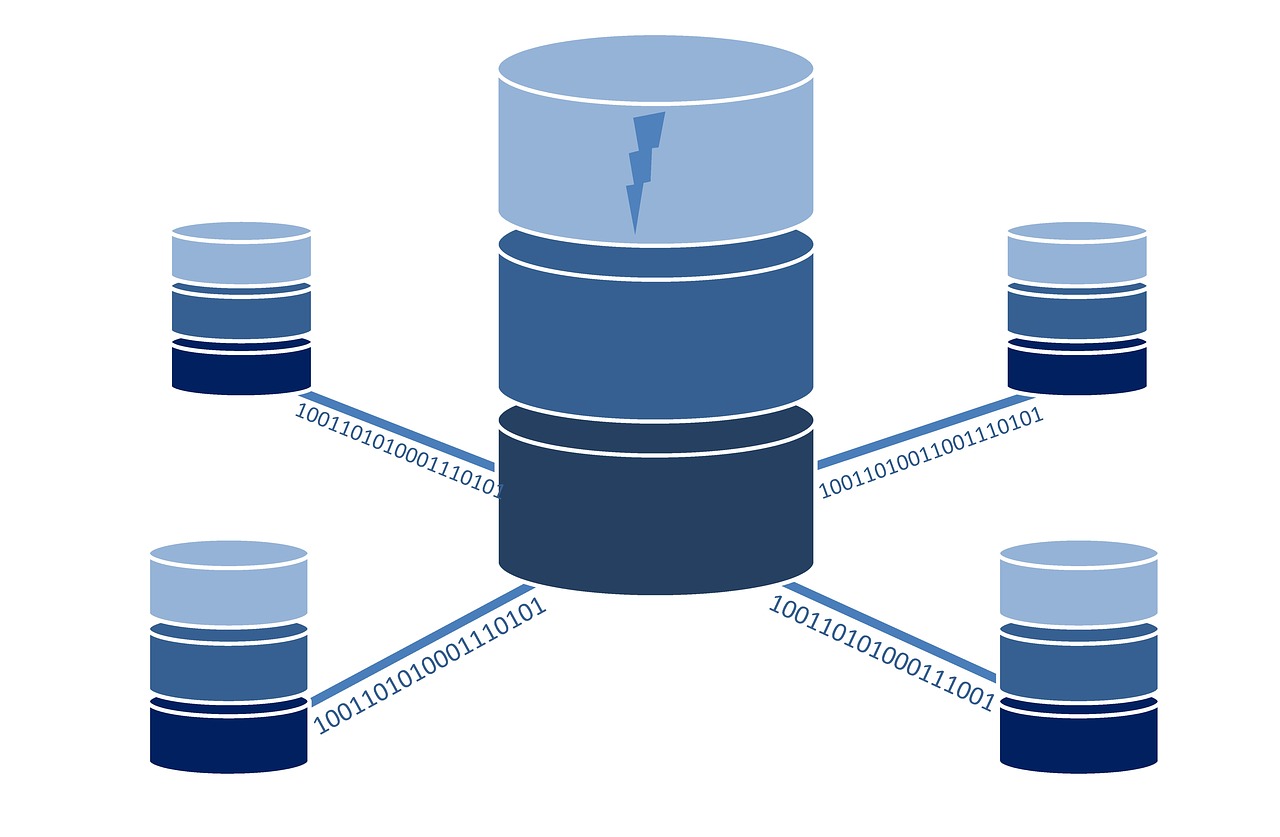If a domain was the proverbial needle and the Web the haystack, it would be possible to find it in a minute or less using WHOIS and its response protocol.
But in case you’re wondering why anyone should care to have such immediate access to domain data, it’s because the information can provide essential answers about website owners while enabling business and cybersecurity-related decisions.
Before digging into use cases and who it matters to, however, let’s get to the basics first. In this article, the important questions companies are asking about WHOIS, and the strategic ramifications, are explored.
What Are WHOIS Records?
Collected by registrars, WHOIS records are repositories of data about domain names and include the dates when these were registered, updated, or are due to expire.
What’s more, a WHOIS record contains the contact details — i.e., the names of individuals or organizations, physical location, phone number, and email address — of domain owners and their admin and technical staff.
What Is a WHOIS Service Provider?
Registrars gather the key points mentioned earlier from each person or organization that registers a website. This is a requirement from the Internet Corporation for Assigned Names and Numbers (ICANN) who then make records available online to anyone.
Yet the challenge with that information is its disparate nature. Every registration implies a corresponding record and a separate page for people to review — not an efficient process for businesses which employees interact with hundreds or more hosts every day.
To alleviate this problem, cybersecurity specialists may rely on one of the best WHOIS database download services, through which domain data is centralized and, therefore, directly accessible in bulk for queries.
What’s the Difference Between Public and Private WHOIS Data?
Public WHOIS data means that the information is displayed online to everyone precisely as it was provided at the time of registration — including names and contact points.
Private WHOIS data, on the other hand, allows registrants to mask their information, instead of showing registrar’s generic details. So why are the records of any relevance if you can choose to conceal them? Well, as a rule of thumb, respectable businesses can benefit from keeping their WHOIS data public.
For example, users can ensure they are acting with someone trustable and nothing to hide. Additionally, good-intentioned visitors may actually let your technical team know should anything be wrong with your page like a potential malware attack.
How Can WHOIS Data Be Useful?
So which professionals can benefit from the information contained in WHOIS records? Let’s review a few of them.
1. Media specialists – Journalists, influencers, bloggers, editors, and other media experts can discover newsworthy insights by tracking website domains, their connections with other domains, and the evolution of their ownership. Any scoop on sight there?
2. Online business owners – Internet marketing is all about networking, and a WHOIS lookup will get the name, business location, and contact information of relevant online merchants for possible business collaborations or negotiations.
3. Threat intelligence specialists – WHOIS data can become integral to threat intelligence efforts, among other things, to determine whether a website may have been overtaken by cybercriminals or was created purely for malicious purposes.
4. Law enforcement agents – Investigators can use WHOIS records to access cybercriminals details and locate them, gather evidence about domains and their connections to known malevolent entities, apprehend individuals involved in online malicious activities, and facilitate sentence execution.
5. Marketers – Anyone planning to launch a new product or a service can leverage WHOIS records and check if the names being considered have been used in the past and may still be associated with another product line or company.
—
Having access to domain data and knowing what to do with them is a big plus for a variety of experts across sectors. Learning about the best WHOIS database download services and leveraging their features can make the difference between being informed and being vulnerable.











